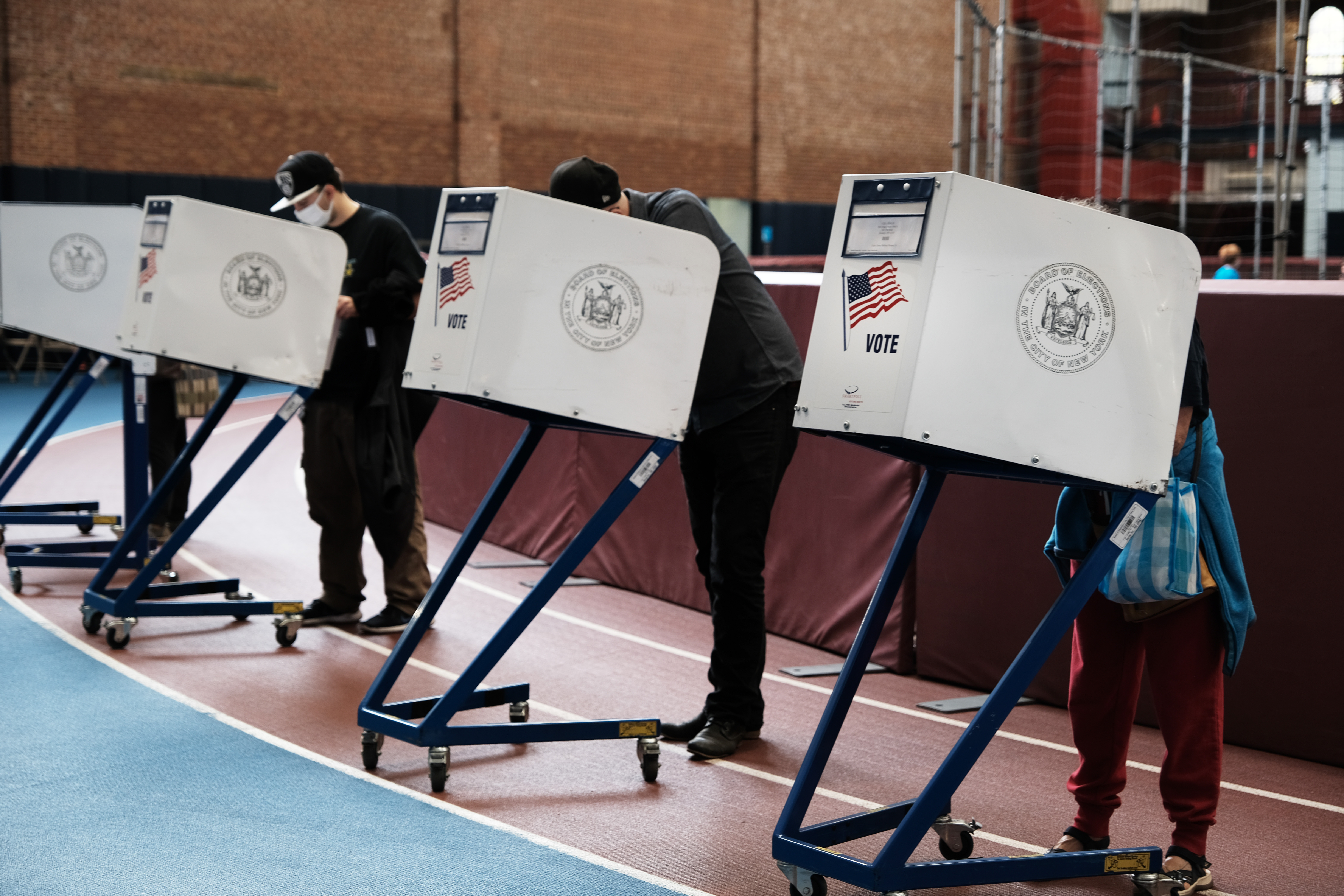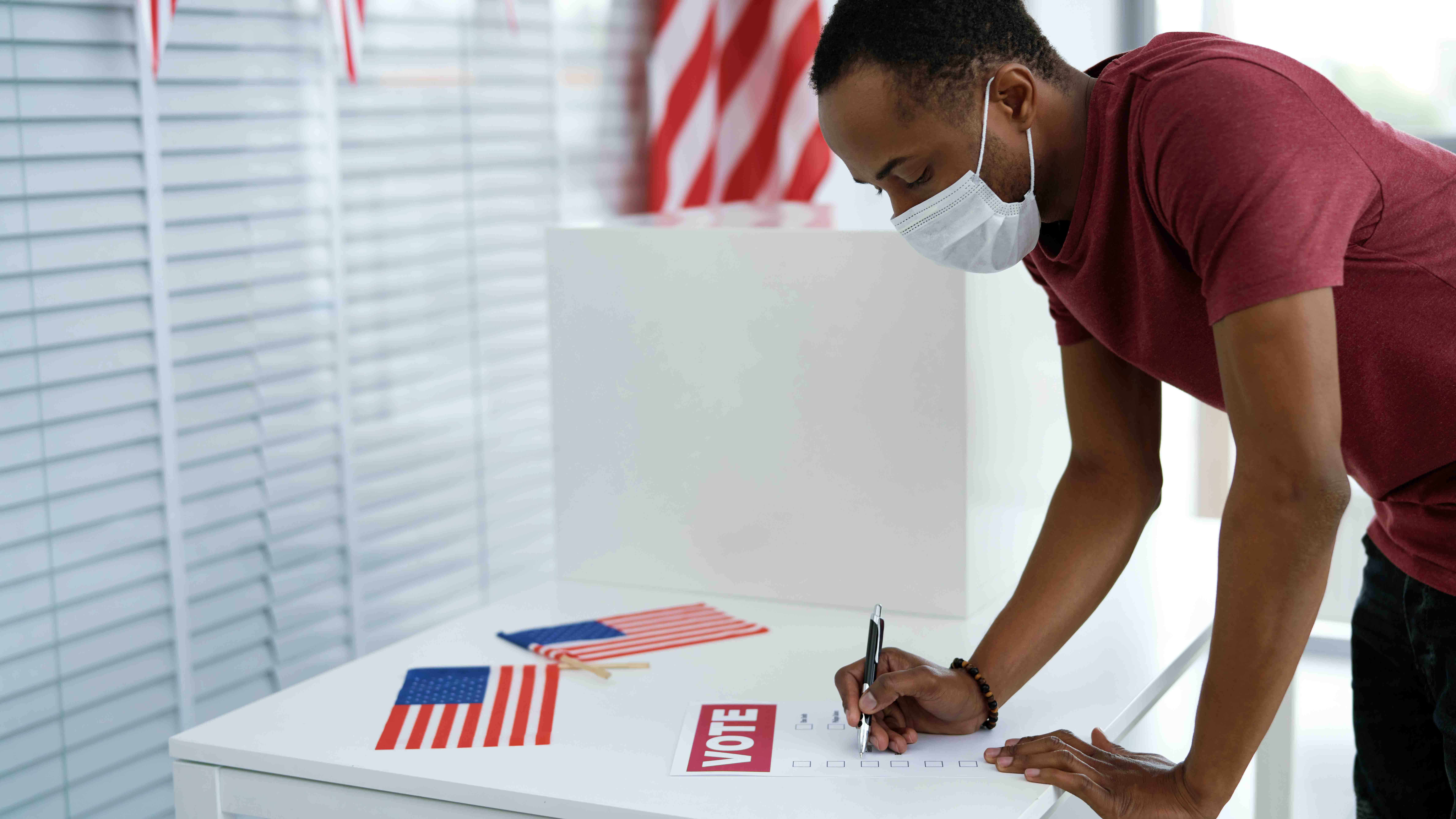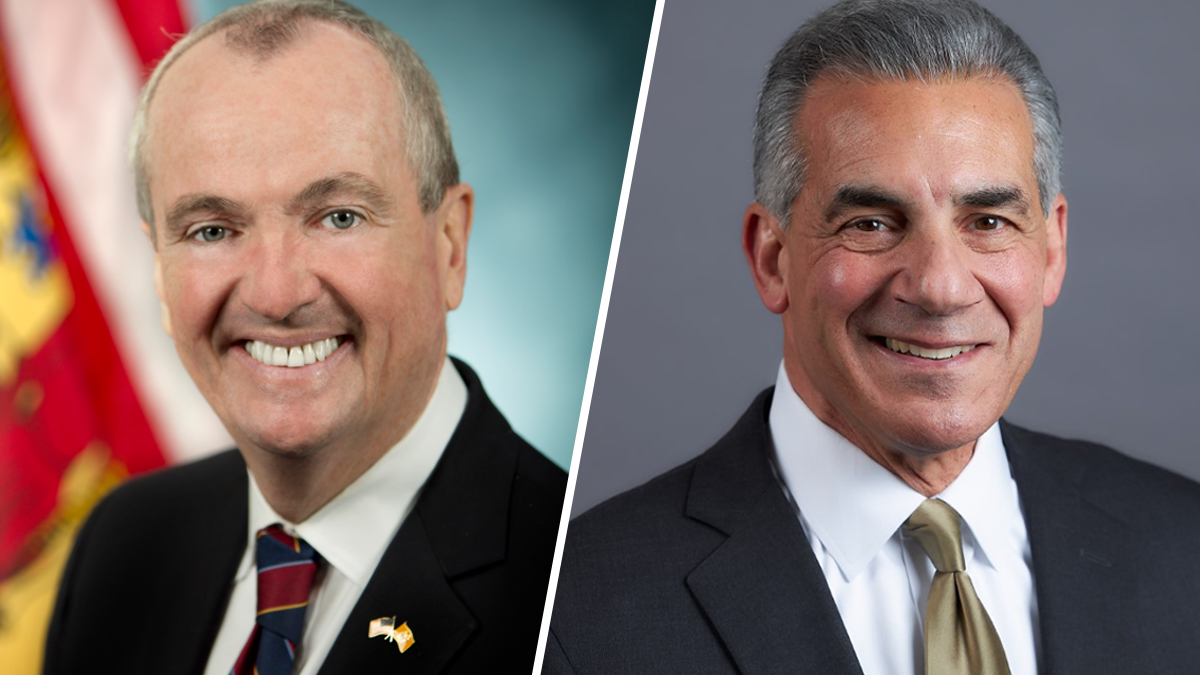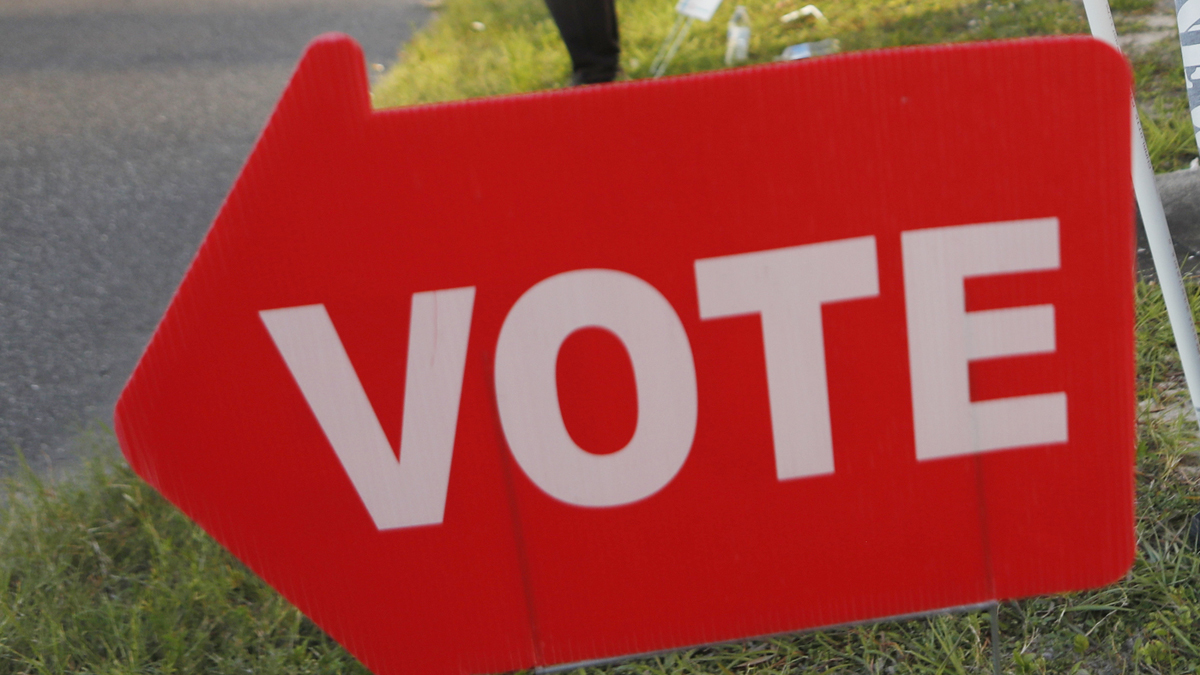Murphy Narrowly Edges Out Ciattarelli in Race for NJ Governor, AP Projects
What to Know
- By what will be a very slim majority, New Jersey voters reelected Democratic Gov. Phil Murphy to a second term, as he got just enough support to top Republican challenger Jack Ciattarelli
- The Republican had far surpassed his predecessor four years ago in fundraising and saw the gap in public polls move in his favor — if only by a few points
- Murphy becomes the first Democrat reelected in 44 years and the first person from the same party of the president to win in the off-off-year election in more than three decades
Hoping to be the first Democrat to claim reelection in New Jersey in 44 years, Gov. Phil Murphy just narrowly accomplished that goal, as the Garden State gubernatorial election came out in his favor over Republican challenger Jack Ciattarelli, according to Associated Press projections.
The result comes nearly 24 hours after polls closed on Tuesday. When counting began in the evening, Ciattarelli quickly shot ahead and remained in the lead for much of the night. However, votes from Democratic-heavy places like Newark had yet to be counted. When those were added in, along with other counties and vote-by-mail ballots, Murphy appeared to have enough to squeak by.
The fact that the race was close to begin with is seen as a bad omen for Democrats for next year’s election. The closeness of this race in particular surprised experts, who watched public polls showing Murphy leading comfortably and looked to his party’s registration advantage of more than a million voters.
“If you asked anybody several months ago within the state, I think anyone would have predicted a high double digit landslide for Murphy,” said Ashley Koning, director of the Eagleton Center for Public Interest Polling.
Murphy had been leading in the polls and had more cash in his coffers than Ciattarelli in the finals days of the race. But the Republican had also far surpassed his predecessor four years ago in fundraising and saw the gap in public polls move in his favor — if only by a few points.
A win by Murphy breaks some historical trends. No Democrat has won reelection as governor in New Jersey since Brendan Byrne in 1977, and the party opposite the president’s has won the New Jersey governorship going back to 1985.
Ciattarelli’s campaign seized on comments Murphy made that New Jersey probably isn’t for voters whose top issue is taxes, casting the governor as out of touch with a concern many prioritize.
He also sought support from those who disagreed with Murphy’s handling of COVID-19. At a recent campaign rally in Hazlet when someone in the audience asked about mandates, Ciattarelli said there’d be none under his administration — an allusion to mask and vaccination mandates.
He also implicitly criticized critical race theory in schools, saying that “we are not going to teach our children to feel guilty.” Critical race theory is a method of thinking of America’s history through the lens of racism that has become a political lightning rod of the Republican Party.
A lawsuit that was filed Tuesday evening by the American Civil Liberties Union of New Jersey, based on social media posts and local news reports, alleged that dozens of voters were turned away from polls in some places, because electronic tablets used to check in voters struggled to connect to the internet.
The suit, which had sought to extend voting until 9:30 p.m., was denied by the court, the civil rights organization said. A message seeking comment was left with the secretary of state’s office, which oversees elections in the state.
At the Washington Township Senior Center, Joseph Buono wore his red Make America Great Again hat to vote. He voted for Ciattarelli for governor largely because of his promise to address property taxes in a state where the average bill is more than $9,000 — and because he doesn’t want incumbent Murphy to remain in charge of the state’s pandemic response.
“The fear is he’s going to mandate everything if he does win,” said Buono, a 31-year-old accountant. His wife, Nadia Buono, 37, who works in finance, said she doesn’t want their two young kids to be forced to be vaccinated when they turn 5.
More Coverage
Washington Township is the biggest town in Gloucester County, home to middle-class suburbs of Philadelphia. The county, generally more conservative than the state, has been a bellwether, voting for the winner in the last five gubernatorial elections.
Outside the bustling senior center, home to voting for several precincts, Murphy voters said they approved of the governor’s handling of the pandemic.
“I think he did an excellent job with COVID,” said Julie Steinman, 60, a second-grade teacher in a nearby community. Steinman said she’s an unaffiliated voter but usually supports Democrats running for governor, largely because they’re friendlier to teachers and their unions.
Murphy has campaigned as a solid progressive, with a record to show for it. He signed bills into law that expanded voting access, provided for taxpayer-funded pre-K and community college, hiked the minimum wage to $15 an hour over time along with opening up the state to renewable energy like wind power.
Also on his watch and with his support, New Jersey legalized recreational marijuana, increased K-12 education funding and began fully financing the state’s share of the public pension. He paid for some of the new state spending with higher taxes on incomes over $1 million.
In the closing days of the campaign, to hammer the point home, he appeared alongside U.S. Sen. Bernie Sanders at Rutgers University at a rally. He cast the election as critical for holding on to progressive gains made during his first term.
Polls showed Murphy got solid support for his handling of the COVID-19 outbreak, which hit New Jersey hard in early 2020 and resulted in the deaths of more than 25,000 people. About a third of those deaths occurred in nursing and veterans homes. But the state also excelled at getting people vaccinated and was quick to become one of the states with the highest percentages of eligible people to be fully vaccinated.
Also on the ballot Tuesday were all 40 seats in the state Senate and all 80 seats in the Assembly. Democrats control both chambers.
Voters are also being asked two questions this year. One asks whether to allow betting on New Jersey college teams or teams from other states whose games are played in New Jersey.
A separate question asks whether organizations that are permitted to hold raffles should be able to keep the money to support themselves.





No comments